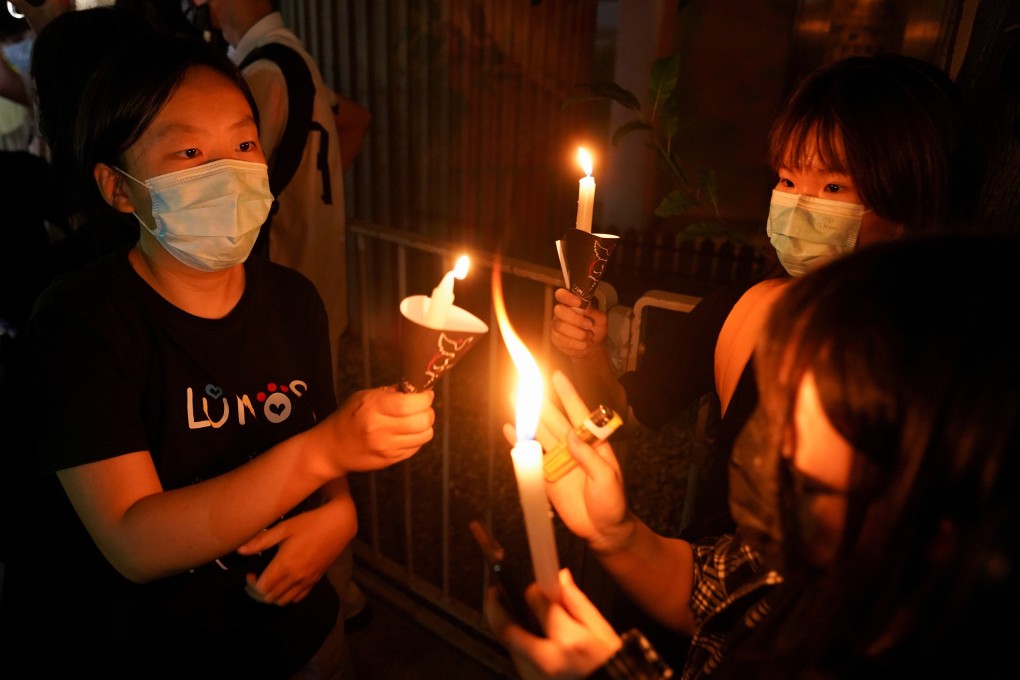Advertisement
Australia’s proposed Magnitsky-style sanctions law could target China: analysts
- The reforms, expected to be adopted before the end of the year, will allow Canberra to punish individuals or entities for gross human rights violations or corruption
- Analysts say the new powers are likely to target Beijing for its crackdown on dissent in Xinjiang and Hong Kong
3-MIN READ3-MIN
36

Australia will introduce new powers to sanction alleged perpetrators of “egregious acts of international concern,” a move likely to put China in the crosshairs and further strain Sino-Australian relations.
Under the proposals, Canberra would be able to impose targeted financial sanctions and travel bans on individuals or entities accused of gross human rights violations and other activities such as weapons proliferation, cyberattacks and corruption.
Foreign Marise Payne said on Thursday the government intended to introduce the reforms to target “sanctionable conduct wherever it occurs” before the end of the year.
Advertisement
The move follows a December 2020 parliamentary committee report that recommended the introduction of Magnitsky-style legislation – named after late Russian whistle-blower Sergei Magnitsky – similar to that in place in the United States and Britain.
Australia currently enforces United Nations sanctions and autonomous punitive measures based on country-specific designations, including North Korea, Libya, Syria, Iran and Myanmar. China is not a designated country under Canberra’s sanctions regime.
Advertisement
Advertisement
Select Voice
Select Speed
1.00x